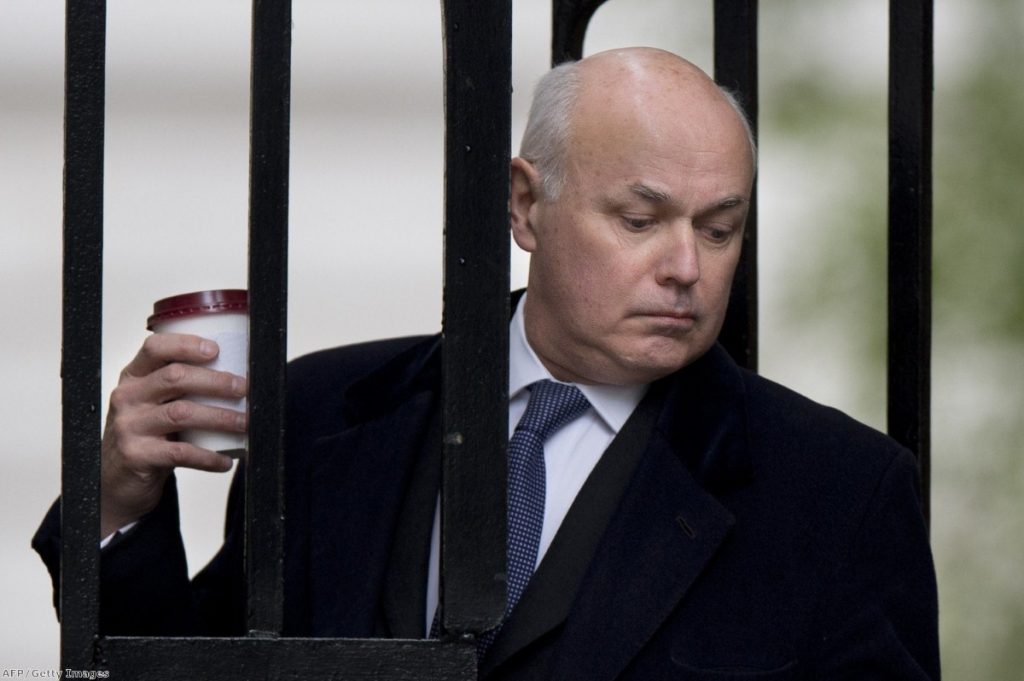‘A matter of deep regret’: More details emerge of millions wasted on Universal Credit
The government has spent hundreds of millions of pounds on two IT systems for universal credit, neither of which is capable of being tested on users.
A work and pensions committee report said the project was proceeding at an "excruciatingly slow pace" and that officials were trying to stop them scrutinising it properly.
"On two occasions, the government has made public the details about major changes to the timetable for universal credit implementation only when forced to do so by the prospect of oral evidence in front of the committee," chair Anne Begg said.
"This lack of openness and transparency is not acceptable."


The report follows stormy sessions in which welfare secretary Iain Duncan Smith told MPs they were trying to run his department.
"We do not, as the secretary of state suggested, want to run his department," Begg said.
"We do, however, expect to have access to the information we need to scrutinise it effectively."
A total of £40 million was spent on the original IT software needed for the project, with a further £90 million on software with a lifespan of just five years.
The government is piling in another £37-£58 million on further developing the IT system.
It is simultaneously spending £25-32 million to develop an 'end-state solution' up to November 2014, with no indication of how much more it will cost in the long-term.
The twin procedure effectively sees the government paying for two IT system, neither of which appear to be capable of delivering universal credit.
The project it is still some way from being tested on the first 100 claimants.
Universal credit claims are still limited to ten Pathfinder Jobcentres, with new claims not expected to be added until 2016, well after the first planned roll-out was predicted in October last year.
"Despite the millions being spent on the end-state IT solution it is still not clear when the system will be ready or even how it will work," Begg said.
"It is still not ready for testing on the first 100 claimants, and we have no indication of when it will be possible to test it on a bigger and more representative group of claimants.
"Whilst it is right to ensure that the system works properly before extending it, there is a difference between cautious progress and a snail's pace.
"Given the excruciatingly slow pace of roll-out to date, it is hard to see how the most recent implementation timetable can be met."
She added: "Only 4,280 people were claiming universal credit by December 2013 and the majority of these claims were of the simplest nature.
"By comparison, in the same month, 1.22 million people were claiming Jobseekers Allowance.
"This demonstrates the scale of the challenge still facing the government in trying to implement universal credit by 2017."
The committee demanded more detail on what the end-state solution meant in practical terms, including how much it will cost, when it will be ready to test on the first claimants, how it will be extended, and when it is expected to be fully implemented.
It is unlikely to get it. MPs on the committee have long complained that Duncan Smith's behaviour towards it has been typified by secrecy. The work and pensions secretary has also fought protracted Freedom of Information battles to prevent details of the scheme becoming public.
"The government has hampered the committee's scrutiny of Universal Credit implementation by not providing accurate, timely and detailed information," the report found.
"It is not acceptable for the government only to provide information about major policy changes when forced to do so by the imminent prospect of being held to account in a public evidence session."









